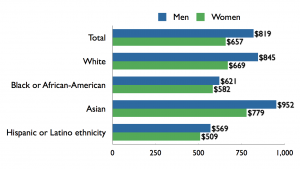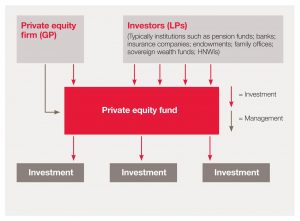According to Mill’s Utilitarianism, his most remembered argument is the Greatest Happiness Principle. Mill presents utility, or the existence of pleasure and the absence of pain, as both the basis of everything that people desire, and as the foundation of morality. However, utilitarianism does not say that it is moral for people simply to pursue what makes them personally happy. Rather, morality is dictated by the greatest happiness principle; moral action is that which increases the total amount of utility in the world. Pursuing one’s own happiness at the expense of social happiness would not be moral under this framework.
The greatest happiness principle says that, “actions are right in proportion as they tend to promote happiness, wrong as they tend to produce the reverse of happiness. By happiness is intended pleasure, and the absence of pain; by unhappiness, pain, and the privation of pleasure.” Mill states that society aims towards the greatest happiness. “[E]very action we make, we decide based on this principle.” Whatever brings about the greatest happiness is the greatest good. Thus, the best life to live is one that is the most filled with happiness, and has the least unhappiness in it.
Assisted Suicide is a debate that’s been going on in the United States and whether or not it should be legal in more states than the six that have already legalized it. Assisted suicide is available for the six states if a patient is terminally ill with fewer than six months to live. The doctor prescribes the fatal dose of drugs to their patient. Rand argues that every person has a choice to make when it comes to their life and the choice is based on desire. Rand would argue for assisted suicide by stating:
“Nobody should infringe upon an individual’s selfishness…even if that interest is their own death. Since right to life is a person’s only true fundamental right, they have the right…to act on one’s own judgment, without pressure, to achieve one’s own personal goals. [Their] decision is based upon their own process of reason in determining what is right…They do not act on a desire without either being aware of the potential results or making themselves aware of the potential results.”
For Mill, however, a greater happiness for society is reached by not legalizing assisted suicide. If assisted suicide is allowed and more people decide that they want to commit suicide, then the population can decrease. The people who have a short amount of time to live might regret after taking the prescribed pills to end their life after they’ve taken them or they may even get better. Thus, from a greater happiness point of view from Mill, it’s better just to wait and that way, the population won’t affect society, the person, although might be miserable for the time being, might get better or won’t regret it if the person just waits out death.
Thus, because the greatest happiness principle considers the total amount of happiness, a noble character, even if it is less desirable for the individual, is still desirable by a utilitarian standard.



